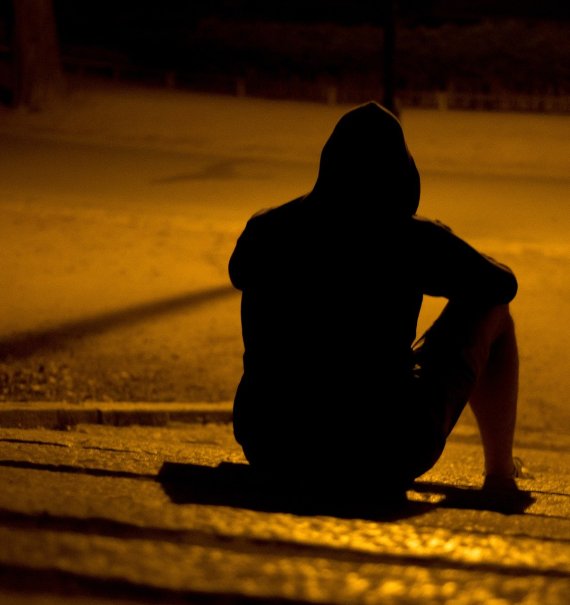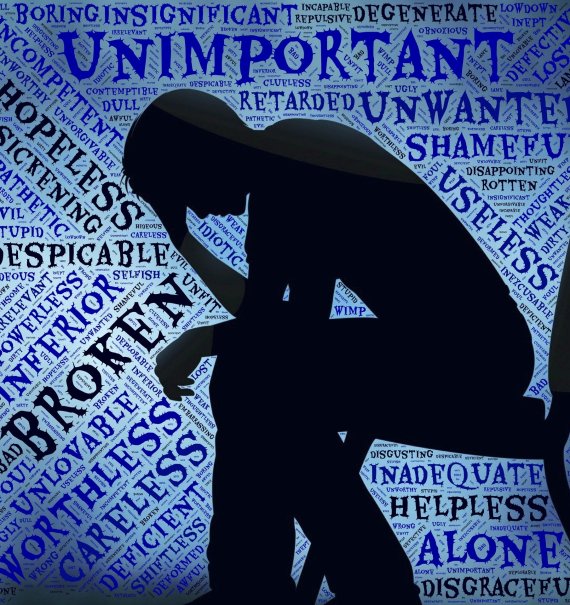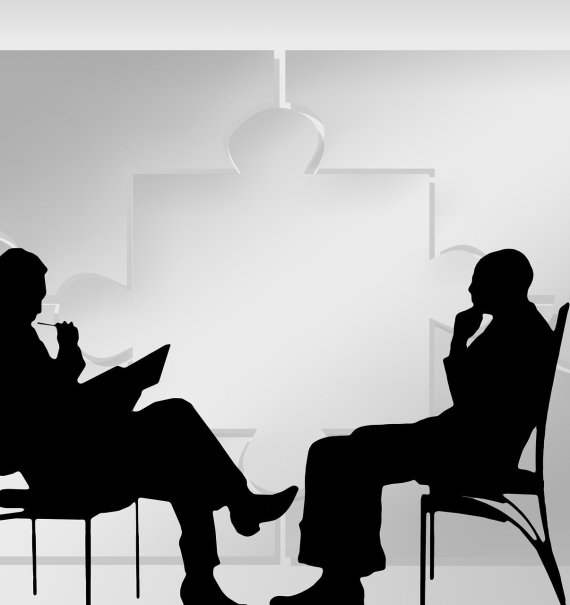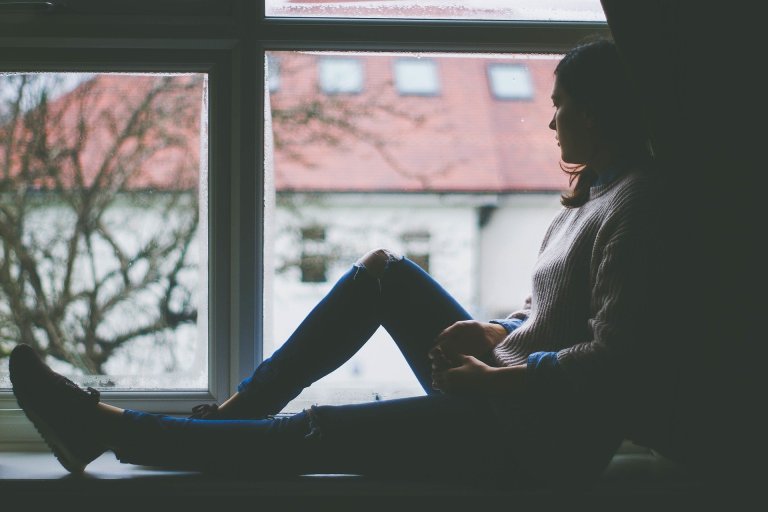According to a Newvision article, Uganda is among the top six African countries with the highest number of people suffering depressive disorders out of 50 African countries ranked in a World Health Organization report. The report shows that 1.7 million Ugandans suffer depressive disorders and 1.07 suffer anxiety disorders.
According to the Ministry of health, depression is a common mental disorder that presents with persistent low moods and loss of interest in doing pleasurable activities. It is characterized by prolonged sadness of up to a few weeks, sleep disorders, loss of appetite and a general loss of interest in one’s life.
Depression is so elusive it cripples you from doing activities and hobbies you consider joyous and could possibly cheer you up and snap you out of a depressive episode. It drains you of energy to go for a jog even though a little exercise might cheer you up, it makes you isolate from friends even though a little social interaction can up-lift your mood, it leaves you in a general state of worthlessness. At its peak, depression can lead to suicide.
Close to 800,000 people globally die of suicide every year, making suicide the second leading cause of death especially among young people 15-29 years of age. In spite of this, 76%-85% of people suffering depressive disorders in low and middle income countries go untreated. Among the hindrances to access to mental health treatment are inadequate funding of mental health sector, limited skilled personnel, social stigmas among others.

However, one of the biggest hindrances in the fight against depression is that most of the victims go unreported, they live with depression without seeking any help, some out of pure ignorance, others out of fear of social stigmas associated with depression. This is rooted to a general poor perception of what depression entails which is as a result of the current model of society.
Today’s society promotes unrealistic levels of positivity.
‘Our culture today is obsessively focused on unrealistic positive expectations: Be happier. Be healthier. Be the best, better than the rest. Be smarter faster, richer, sexier, more popular, more productive, more envied and more admired.’
The subtle art of not giving a fuck by Mark Manson.

The depressed person then feels left out, like as if there is a problem with them: It’s hard to speak out when all you see is other people having the time of their lives when you log on to Facebook. However, most of those cover-ups are temporary, the depressed becomes a ticking time bomb which eventually implodes.
Most of the 800,000 people who die of suicide per year probably never say a word till it’s too late, they are often people who seem happy and sane yet harbor a great deal of mental dysfunction until it surmounts and they take their own lives. Because depression symptoms can’t easily be spotted, it is in most cases up to the victim come clean and seek help.
The role of society is to embrace depression as something okay to have and can be treated. It’s to encourage a more open society where people can comfortably share with others their struggles with mental health, it’s to tell the depressed in society that it’s okay to be depressed, it’s okay to not figure everything out in one’s life, but more importantly, it’s okay to ask for help. It’s to encourage people to be vulnerable and seek help.
Much as it’s wrongly perceived as weakness, being vulnerable and honest about mental health struggles takes immense courage which is necessary and contributes to the healing process. The courage to walk up to a clinic or mental health center when everyone is watching, the courage to open up to a professional. sometimes that initiative is in itself so powerful it may help you through the recovery process. In some cases, in absence of a professional, even simply opening up to a friend/ loved one can help, the whole point is to just open up to someone.
Our role is to build a society where we can openly share our mental health challenges without fear of judgement, shame or ridicule. A society where we have those deep conversations with our loved ones about our struggles.
In the book, ‘Design for wholeness’ by sofield, Juliano, Hamnet, the authors talk about dialogue as the key ingredient to growth. It’s a self-help book that discourages the reader from perceiving self-help as shutting out the whole world during a quest for personal growth but rather occasionally sharing their experiences with their loved ones, their progress as well as their struggles.
“one discovers oneself more completely in face to face interactions and side by side loving, learning and sharing brokenness and fragility. Self-discovery and growth are realized through relationships.”
Design for wholeness’ by sofield, Juliano, Hamnet

It is also in relationships that your perspective shifts when you hear another person’s side of the story. In a Ted talk (link), Lori Gottlieb explains how the stories we tell ourselves shape our reality: stories about the choices we make, why things go wrong, how we treat other people. But what happens when the story is misleading, like how we think our circumstances shape our stories, yet in fact it’s the stories we have about ourselves are what shape our circumstances. The story that the depressed person tells themselves is that their circumstances are far worse than for everyone else, they think everyone else’s lives are more fulfilling life but theirs, they feel their depression is unique only to them and will be seen as weak when they admit that they are depressed. It’s only after opening up and sharing with other people that you realize that your situation is not as unique and there are many people who also silently suffer depression. It’s when you get the strength to open up that you realize that many people don’t think you’re weak but actually admire your courage and wish they themselves had the courage to speak out. All that begins when you take the courage to open up.
Finally, our role is to build a society in which talking and sharing mental health experiences is encouraged, a society where it’s okay to be depressed and it’s okay to seek psycho-therapy, a society where people don’t just bury down their feelings of depression just to uphold social expectations of positivity but rather embrace and share their mental health dilemmas. A society where a routine visit to a psychiatrist is equivalent to a routine visit to the dentist.
Because even the most positive and jolly looking people suffer depression, because most mask it with smiles and facades, because depression has no face, so must you occasionally share your experiences with loved ones for your voice may save a life, even your own.
#speakingupondepression.


Pingback: Honesty, a Call to Truthful Living – Young Adult Talk
Pingback: Men are Less Likely to Seek Mental Health Help and This is Why - Young Adult Talk